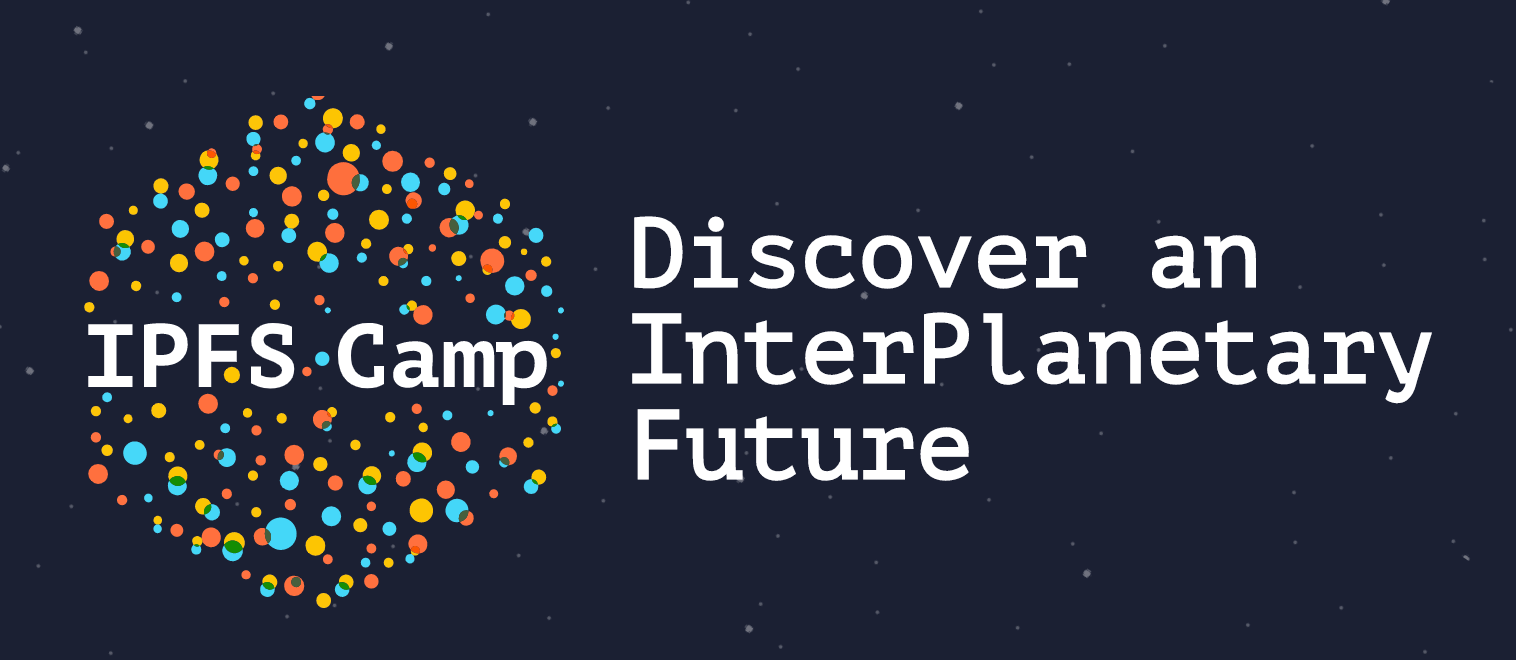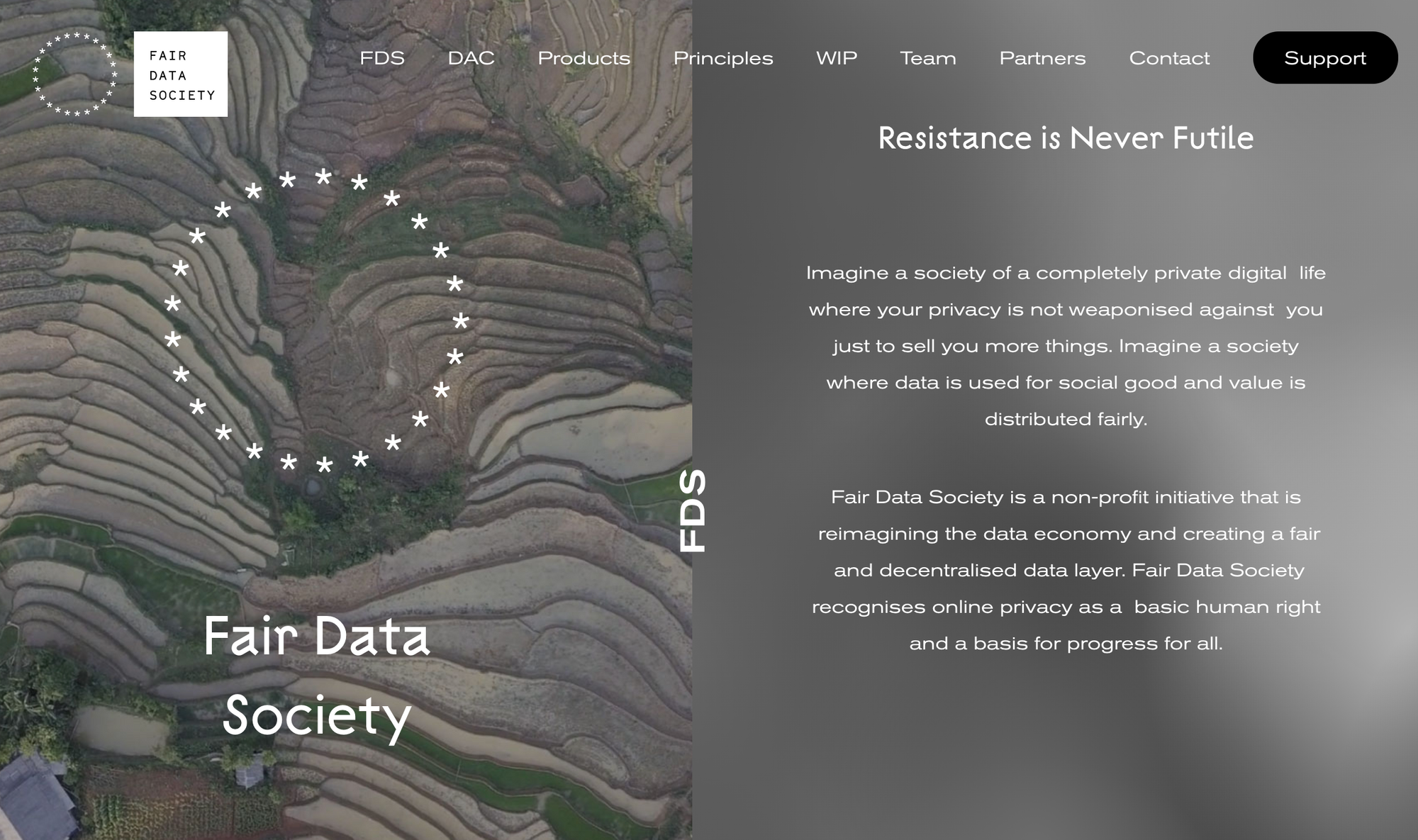What does the fission of uranium produce?
A uranium-235 atom absorbs a neutron and fissions into two new atoms (fission fragments), releasing three new neutrons and some binding energy. – Nuclear Fission, Wikipedia
So welcome to FISSION Fragments #1 - our weekly links roundup. Want to get them delivered straight to your inbox? Subscribe! We also tend to tweet a lot of these links from our Twitter account @fissioncodes if you want to get them in real time.
We cover a lot of ground, from open source communities, licensing and ideology, company & culture building, and of course lots around building and designing software, new projects, and decentralized web tech of all kinds.
FISSION Fragments #1
How Opera is Using ENS to Decentralize the Web: "if you enter an .eth name that has an IPFS hash in its ENS records, the IPFS content will be displayed as a normal website." Android only for now. The Crypto Wallet you can enable in desktop Opera also needs an Android app.

Local-first software: Excellent long essay from Ink and Switch that are the results of research and development over several years, including a survey of "existing approaches to data storage and sharing". We're not quite as radical about local-first, but we are definitely aligned around the ideals for software and data they describe:
In this article we propose “local-first software”: a set of principles for software that enables both collaboration and ownership for users. Local-first ideals include the ability to work offline and collaborate across multiple devices, while also improving the security, privacy, long-term preservation, and user control of data.
Via @infominer33, Project Pages, a Jekyll Template geared towards collaborative science, with support for Matlab, Jupyter Notebooks, and other charting, graphing, and data visualization tools. Thanks ⧉infominer for being such a great contributor of links to the FISSION Discord server!

Via Mike Davidson @mikeindustries, a post from Derrick Reimer that happens to mention that Stripe uses Slack but intentionally deletes messages:
An engineer at Stripe told me about their careful balance of email, forums, and Slack. They recognize that Slack is not suitable for meaningful conversations, so they automatically delete chat messages older than a few weeks to discourage relying on it for long-term archival. In retrospectives, team members often reflect on whether they chose the right medium (email, chat, or forum) for various conversations.
Oyetoke Toby @OyetokeT writes up forking Codesandbox so you can deploy to Heroku. This theme, of being able to code and deploy from anywhere, is another one we're following closely. The article is posted to DevTo, which is a developer community we're really enjoying. You can find FISSION on there, too.
Trent was at the ETHNewYork Ethereum hackathon and found a bunch of IPFS projects. We're going to be kicking off interviews of people building apps like these.
Photo by Qingbao Meng on Unsplash
